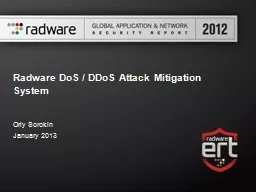PPT-Marta dos Santos Silva
Author : alexa-scheidler | Published Date : 2017-08-03
ZERP Bremen Germany Public renting through agencies in Luxembourg Workshop Emerging private rental sector in accession and transition countries is there
Presentation Embed Code
Download Presentation
Download Presentation The PPT/PDF document "Marta dos Santos Silva" is the property of its rightful owner. Permission is granted to download and print the materials on this website for personal, non-commercial use only, and to display it on your personal computer provided you do not modify the materials and that you retain all copyright notices contained in the materials. By downloading content from our website, you accept the terms of this agreement.
Marta dos Santos Silva: Transcript
Download Rules Of Document
"Marta dos Santos Silva"The content belongs to its owner. You may download and print it for personal use, without modification, and keep all copyright notices. By downloading, you agree to these terms.
Related Documents












![[READING BOOK]-DOS: Programming Success in a Day: Beginners guide to fast, easy and efficient](https://thumbs.docslides.com/987031/reading-book-dos-programming-success-in-a-day-beginners-guide-to-fast-easy-and-efficient-learning-of-dos-programming-dos-ada-programming-dos-programming-ada-linux-rpg-ada-programming-android-java.jpg)

